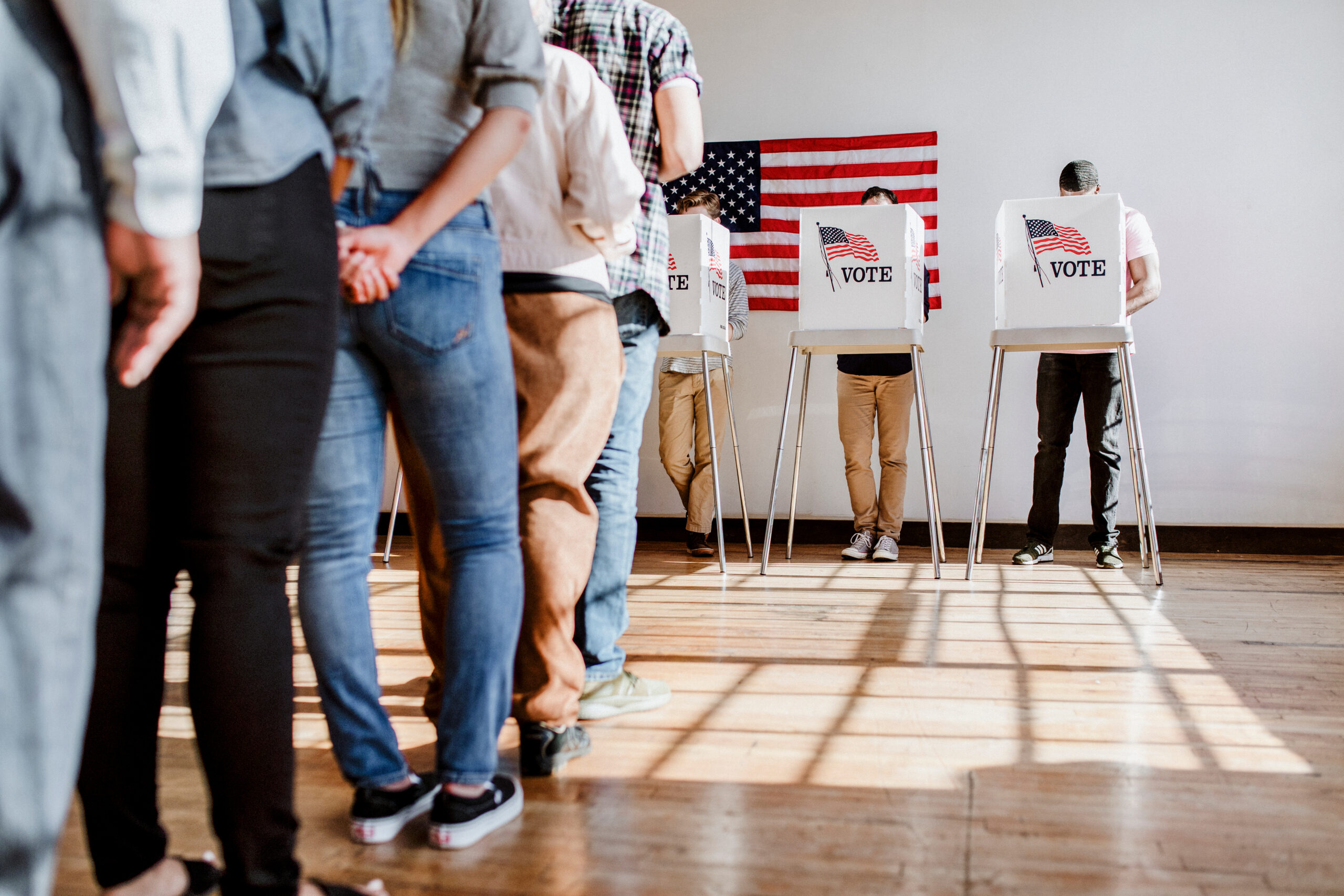With Election Day a couple of months away and record turnout expected in many states, it’s important for employers to understand their obligations when it comes to employee voting leave. It’s crucial to stay compliant while supporting your employees’ right to participate in elections.
Providing Employees Time to Vote
Employers must understand their responsibilities regarding employee voting leave, as laws change by state. While federal law doesn’t require voting leave, many states do, with rules on whether leave is paid, how much time is allowed, and whether advance notice is needed. Some states even require employers to post notices about voting rights. Employers should review local regulations and avoid requiring employees to vote by mail if state laws allow them time off to vote in person.
Your Compliance Checklist
It’s up to each state to set its own rules, which can vary significantly. Here’s a checklist of key questions to consider as you review your voting leave policy this fall. If you have state-specific questions, please feel free to reach out to us and we can guide you through the requirements.
- Does your state require voting leave?
Some states mandate that employers must provide time off to vote, while others do not. - Is voting leave paid or unpaid?
In many states, employers are required to pay employees for the time they take to vote. - Can you set specific hours for voting leave?
In some states, you can specify when employees can take time off to vote, such as only during non-peak business hours. - Is advance notice required?
Some states require employees to notify their employer in advance if they plan to take time off to vote. Others do not. - Do you need to post notice about voting leave rights?
States like California and New York require employers to post notices informing employees of their right to take time off to vote. - What about early voting or mail-in ballots?
If your state allows early voting or mail-in ballots, be cautious since many state laws still require employers to provide time off, even if other voting options are available. Employers can recommend that their employees vote early, but they cannot fault the employee for waiting to vote until Election Day.
How about California, Texas, and Nevada?
Here is an example of how state specific regulations may differ from one state to another:
California
- Leave: Employees who don’t have enough time to vote outside of their work hours must be given enough leave to vote. Their leave should be combined with their available time outside of work to ensure they can vote. Typically, the time off is taken at the start or end of their shift, depending on which option gives them the most time to vote while minimizing their absence from work, unless an alternative agreement is made.
- Pay: Only up to two hours of voting leave must be paid.
- Employee Notice: Employees must give notice at least two workdays in advance if, by the third workday before Election Day, they think they will need time off to vote.
- Employer Notice: You must post a notice about the voting leave law at least 10 days before a statewide election. The notice should be placed in a visible location at the workplace, or in an area where employees can easily see it when they enter or leave.
Texas
- Leave: You can’t stop employees from taking time off to vote on Election Day unless the polls are open for at least two hours outside of their normal work schedule.
- Pay: Employers can’t threaten to penalize an employee for taking time off to vote on Election Day by reducing their pay or benefits. Employers are required to give employees time off to vote if they do not have two consecutive hours outside of their work schedule while the polls are open. Voting leave is paid at the employee’s pay rate. If the employee has at least two hours to vote outside of work, the employer does not need to provide time off.
- Employee Notice: There is no provision requiring employees to give notice if they plan to vote.
- Employer Notice: You are not required to post a notice about employees’ right to take voting leave.
Nevada
- Leave: Eligible employees are allowed time off to vote based on how far their workplace is from the polling site. They get one hour if they work within two miles of the polls, two hours if they work between two and 10 miles away, and three hours if they are more than 10 miles away.
- Pay: Leave to vote on Election Day must be paid.
- Employee Notice: Employees must apply for voting time leave before Election Day.
- Employer Notice: You are not required to post a notice about employees’ right to take voting leave.
Understanding Local Ordinances
In addition to state laws, some local ordinances may also impact your voting leave policies. It’s essential to stay up to date with both state and local regulations. Some local areas may have additional protections or requirements regarding employee voting leave, so double-check the rules that apply to your business and the locations where you operate.
Offering More Than What’s Required
While you are only legally required to meet your state’s requirements, you can offer more flexibility to your employee. If you have questions, feel free to reach out to us.


